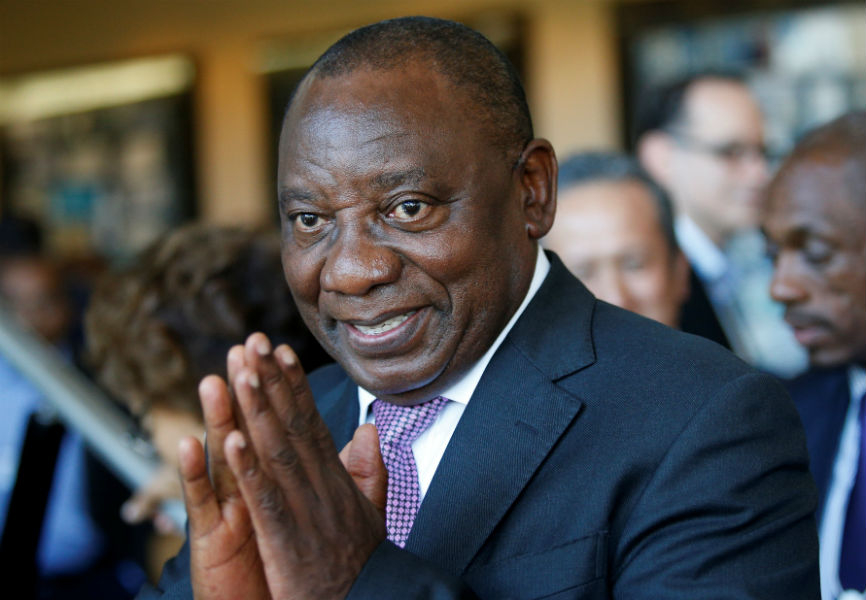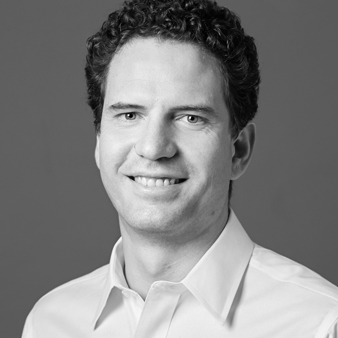President Cyril Ramaphosa is seeking a mandate to continue his efforts to rebuild South Africa's institutions and kick-start its sluggish economy in Wednesday's elections. It is a contest that will take place
in the shadow of former president Jacob Zuma, whose policies created many of the country's current problems and whose supporters continue to actively oppose Ramaphosa. Eurasia Group expert
Darias Jonker explains the challenges facing the president.
The ANC is going to win, right? Is there any scenario in which it might not?
Ramaphosa's African National Congress (ANC) has won every national election it has participated in with at least 60% of the vote, but its support has been in decline after peaking in 2004 elections at 69.69%. It fell to 53.91% in 2016 municipal elections, a trend that points to the possibility the ruling party could lose this week's elections. However, the decline in recent years was largely due to misrule by Zuma, who held office from 2009 to 2018. The ANC
replaced Zuma with Ramaphosa in February 2018, and the
much more popular Ramaphosa is likely to reverse the party's decline at the ballot box and secure a solid victory of more than 55% of the vote. Still, an upset is possible given voter dissatisfaction with the sluggish economy and the more populist appeal of the Economic Freedom Fighters (EFF) and that of a slew of new, smaller parties.
What is at stake for Ramaphosa?
Ramaphosa needs not just to win the elections, but to do so convincingly to keep the Zuma faction of his party at bay and continue to advance his policies. Africa's most-diversified economy has been stuck in the doldrums since 2008—growth has remained below 2% on average since 2013. Although in politics for most of his life, Ramaphosa also spent two very successful decades in business; he understands the economy and what is needed to fix it. The risk is that if Ramaphosa fails to win a strong popular mandate (more than 55% of the vote), the Zuma faction could argue that the party is in crisis and in need of new leadership, and then mobilize to try to oust him.
What is the legacy of Zuma that South Africa is grappling with?
The former president was at the helm of an elaborate patronage network that acquired massive wealth through corruption at all levels of government and at state-owned enterprises. Although many of the allegations still need to be proved in a court of law, there is already an abundance of evidence in the public record that implicates Zuma and his cronies—namely, the Gupta family. Zuma undermined institutions of the state, especially the revenue service and the criminal justice system, to allow his network to operate unhindered. He also eroded the confidence of both domestic and international investors through policy uncertainty and a hostile attitude toward the private sector. Low growth has led to high private and public debt levels, declining GDP per capita, and persistently high levels of unemployment and poverty.
How much of a risk is posed by the EFF and its policy proposals?
Ramaphosa also faces a rising threat from the EFF. Led by firebrand Julius Malema, the party describes itself as a Marxist-Leninist revolutionary movement with the aim of radically transforming the economy by dislodging the white minority from its dominant position and giving economic control to the black majority. It supports the nationalization of mines, banks, and all privately owned land. It advocates free university education. Malema and most of the EFF's senior leaders were originally part of the ANC and fervent supporters of Zuma who helped him gain power, but after a fallout they left to form their own party. The EFF only got 6% of the vote in 2014, a few months after being formed, but it is likely to double this to about 10%-12% in 2019. A weak electoral showing for Ramaphosa could create an opening for the EFF to join a coalition government with the ANC. Though this is very unlikely at the national level, it is possible in at least one important province—Gauteng, which is home to both Pretoria (the country's seat of government) and Johannesburg (the economic hub). That could lead to a process for the EFF to merge with the ANC and attempt to dominate it from within.

 South African President Cyril Ramaphosa. REUTERS.
South African President Cyril Ramaphosa. REUTERS.
